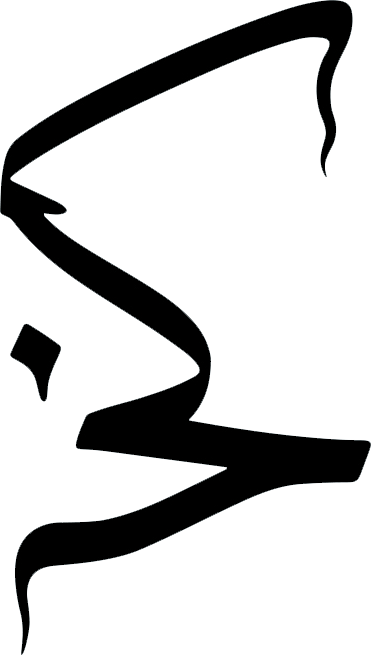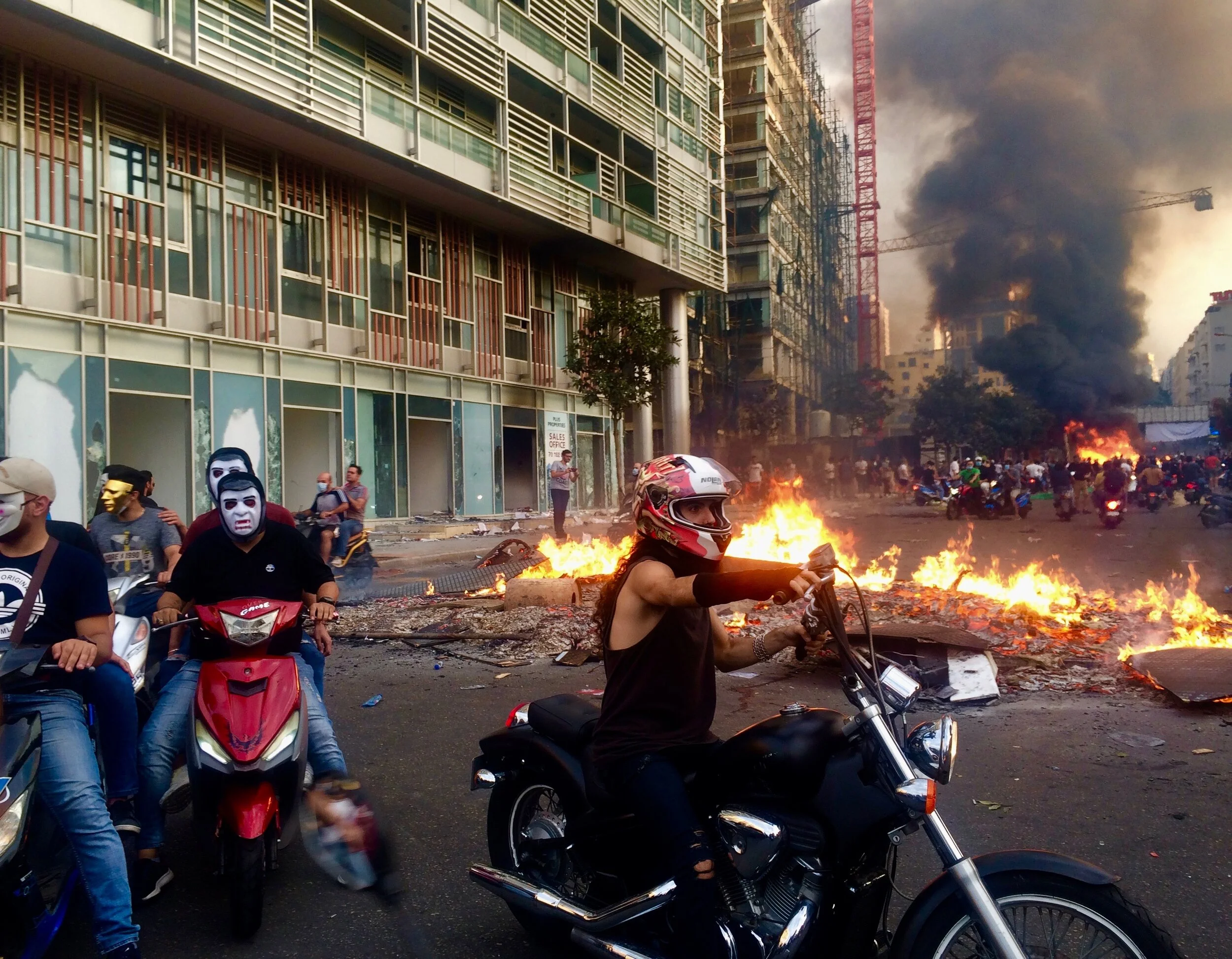
by Samuel Tafreshi
What is to be done with the body of a king? When all of the meaning and majesty imbued in his person shrivels and fades before the world, what does he become?
by Muheb Esmat,
In a country still living through the effects of a conflict more than four decades old, the rate of obsolescence of architectural styles and modes is as fast if not faster than the denigrating political and economic systems fostering them.
by Marcus Hibbeln
While ‘inclusive’ to a certain extent, the state-sponsored brand of Islam in Morocco has often been an exclusionary national force that has monopolized the interpretation of Islam and alienated large groups of citizens.
by Angela Brussel
The people will sing and dance even when they are being persecuted and beat down. Even when they are enraged by the powers that be.
by Samuel Tafreshi
Radical in its content, striking in its aesthetics, and representative of the vast and shifting landscape of revolutionary thought, this was the print culture of Iran at the moment of liberation.
“How do you connect solidarities together in a way that makes it organic, that makes it contextualized, and also makes it true?”
by Farrah Fray,
The film—Naziha Arebi’s directorial debut—is the first ever feature length film to come out of Libya by a Libyan, let alone by a woman.
by Nadeen Shaker,
"In today’s Egypt, as thousands languish in prison, public gatherings of ten people or more can be shut down as illegal protests, and the government is pursuing a stricter security policy, we can indeed recognize the legacies the British have left behind."










by Panos Aprahamian
A radical re-envisioning of how anti-capitalist political projects should conceive of time and place.